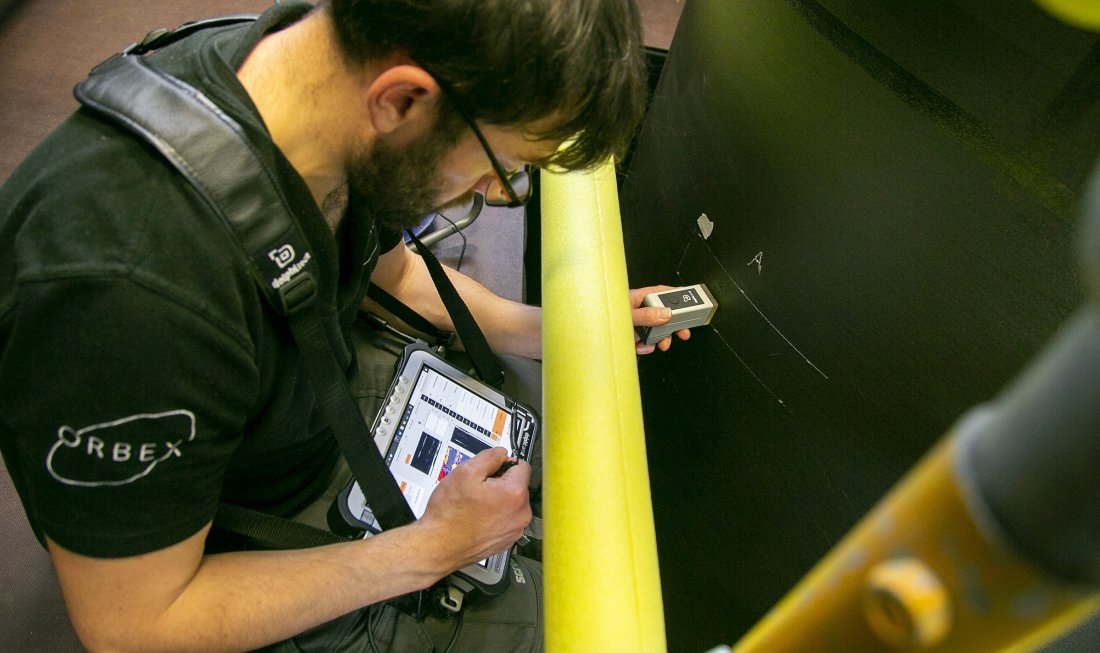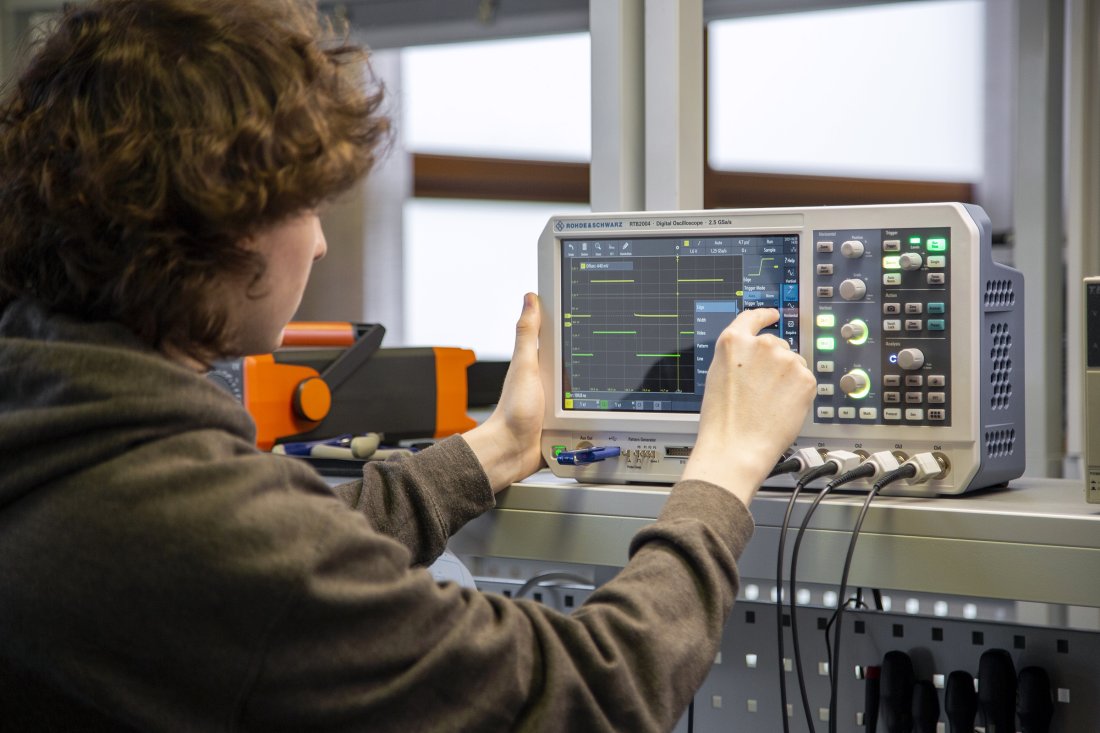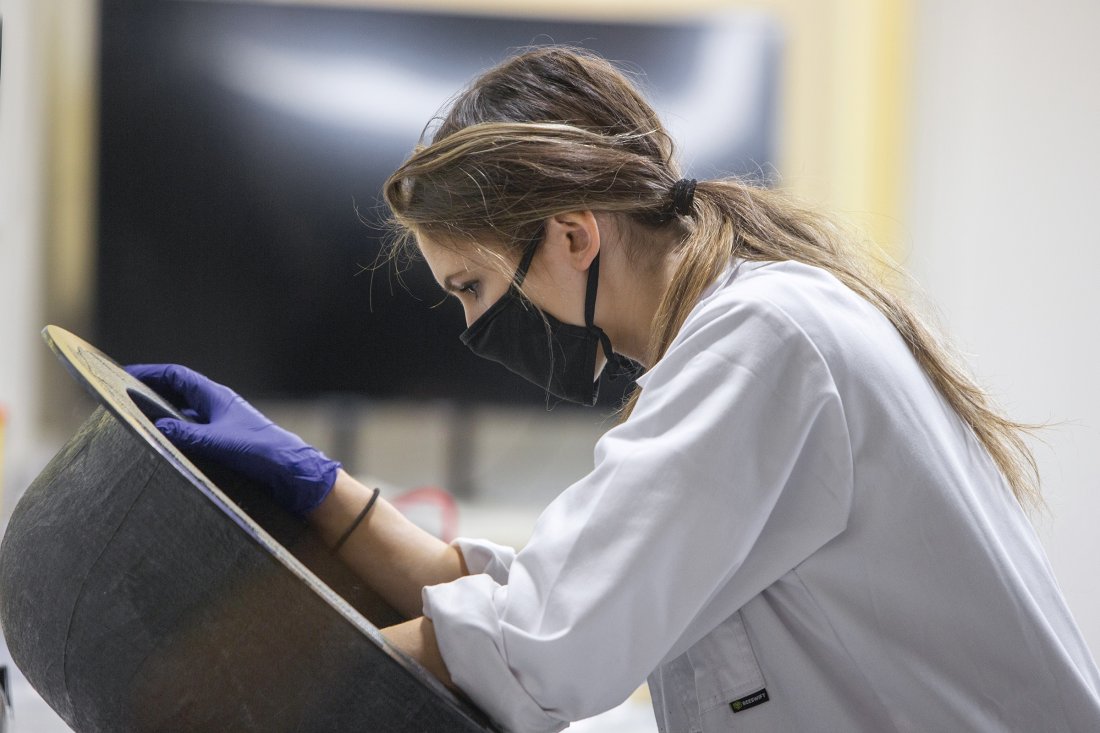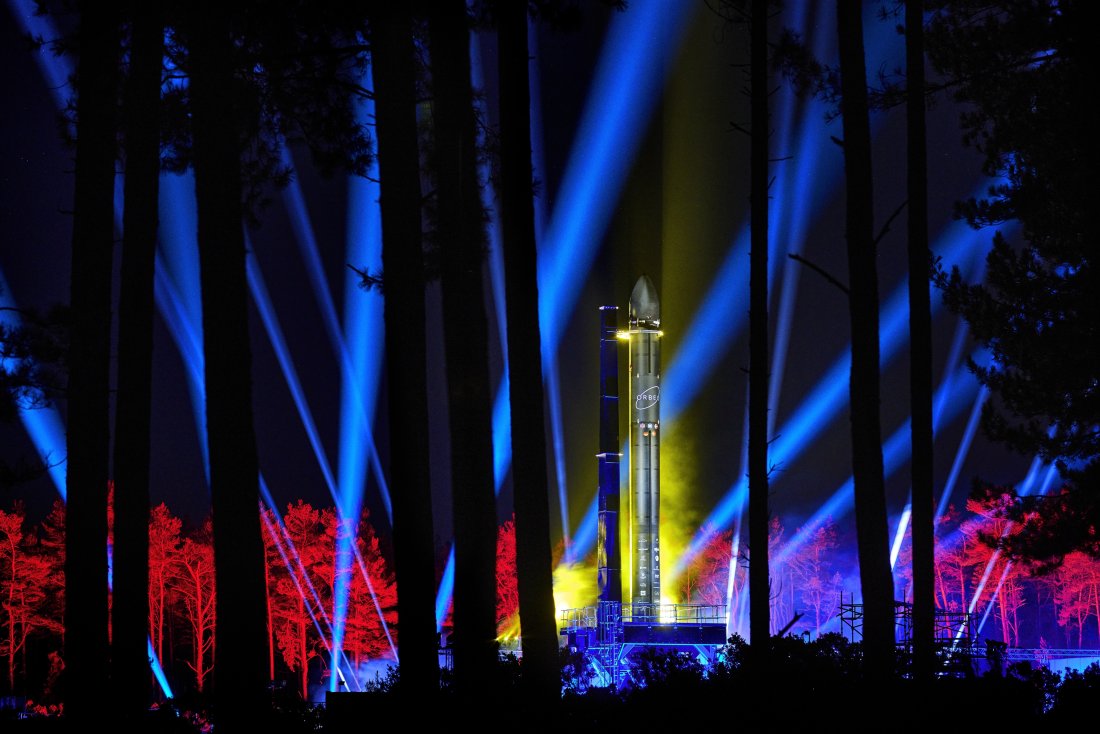Videos
Read more
Press Releases
23 August 2022
Forres, UK, August 23, 2022 – UK-based launch services company Orbex is hiring an additional fifty staff members over the next six months. The new team members will support the company's final push to prepare for the first vertical rocket launch from UK soil over the coming months.
Many of the new roles will support ‘integrated testing’ of the complete rocket at the Orbex LP1 launch platform test facility at Kinloss. The facility allows for full ‘dress rehearsals’ of rocket launches at Kinloss, situated a few miles from the Orbex headquarters in Forres in Moray, Scotland.
The new roles will also strengthen existing teams responsible for key areas of development of the rocket, including propulsion, structures, avionics, CNC machining and embedded software. Other recruitment areas will facilitate communications between ground staff and the rocket in flight, covering fields such as GNC (guidance, navigation & control) systems, sensors, data capture, ground segment software, and radio engineering.
Fifteen of the new roles will be non-technical positions, offering a wide range of people new opportunities to train or re-skill for a career in the UK and European space sector. These positions require no past experience of the space or aerospace industry and cover areas such as logistics, finance and procurement.



Orbex recently revealed the full rocket in its final form, making this the first full orbital micro-launcher to be unveiled in Europe. The innovative Orbex Prime rocket will be the first orbital rocket to be powered by a renewable bio-fuel, bio-propane, which will reduce carbon emissions by up to 96%. The sustainability credentials extend to the company's 'home' spaceport of Space Hub Sutherland on the North coast of Scotland, which aims to become the world’s first carbon-neutral spaceport. Prime is a ‘micro-launcher’ rocket designed to transport small satellites weighing around 150kg to low Earth orbit.

Richard Lochhead, Scottish Government Employment Minister:
“These jobs will bring us a step closer to achieving our ambition of 20,000 jobs in the Scottish space sector by 2030. Orbex is bringing high-value jobs to Moray while inspiring the study of science and engineering – which will help create future rocket scientists. Companies like Orbex are vital to achieving the aims of our newly published National Strategy for Economic Transformation that will support a nation of entrepreneurs and innovators.”
David Oxley, director of strategic projects, Highlands and Islands Enterprise:
"This is fantastic news for Orbex and for the Highlands and Islands. The Scottish space sector is on course for serious growth over the next few years and the economic benefits for our region will be significant. We are fast approaching a time when Scottish-made satellites will be sent into low Earth orbit from Scottish spaceports, using rockets designed and manufactured in Scotland. That vision would have seemed far-fetched just a few years ago, and Orbex is playing a major role in making it a reality."
Chris Larmour, CEO, Orbex:
“We have already tripled the size of our team over the last twelve months. And now, the roles we're recruiting for are the clearest demonstration that we're in the final countdown to launch from UK soil. There's no better time to join Orbex - we have an extremely exciting few years ahead of us and we encourage people to find out more about the roles we have on offer.”
About Orbex
Orbex is a UK-based spaceflight company with headquarters, production and testing facilities in Scotland, and design and testing facilities in Denmark. Orbex staff members have professional backgrounds with NASA, ESA, Ariane and several commercial spaceflight organisations. The company is now funded by two of the UK’s largest and most active venture capital funds, BGF and Octopus Ventures, who join two of Europe's largest venture capital funds, Heartcore Capital and the High-Tech Gründerfonds, as well as strategic investor Elecnor, parent company of Deimos Space, the UK Space Agency (UKSA), the European Space Agency (ESA) and the European Commission Horizon 2020 programme.